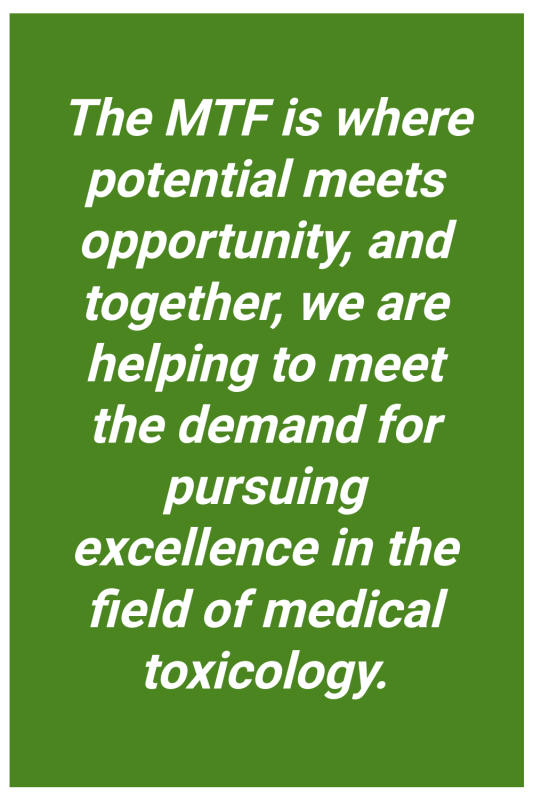
2023 Annual Impact Report

Possibilities and Opportunities
– The MTF Provides Both
Erica L. Liebelt, MD, FACMT
President, Board of Directors
Medical Toxicology Foundation
For 2024, the mantra I have chosen to work on in my personal and professional life is “Possibilities”. But soon I asked myself, can there be possibilities if there aren’t opportunities? Well, maybe Yes and maybe No. Simply put: Possibilities are things that could happen but require action and Opportunities are things that can happen when situations or circumstances are already in place, at least that is how I see the difference.
The Medical Toxicology Foundation continues to provide numerous and increasing Opportunities to further education and training in medical toxicology through Travel Awards to the ACMT Scientific Meeting, research grants, a unique fellowship rotation in industry program and designated monies for Research, Education and Practice innovation awards. These opportunities provide possibilities for a wide range of medical students, residents, fellows and practicing medical toxicologists.
We are adding a new Travel Award in 2024, specifically focused on pediatric trainees, created with the generous support of Dr. Carol Angle, a legendary pediatrician and medical toxicologist who has contributed and impacted our specialty on many levels.
I am asking you to pause, and please think again about the Possibility of making a Gift and/or increasing your financial Gift and/or thinking about including the MTF in your future Estate planning. Certainly, there are so many Possibilities that You and We as an organization can create to help sustain and advance our specialty that will impact the healthcare of our patients.
Please take a moment to read our MTF Impact Report including the individual stories of those individuals who have benefited from the MTF opportunities.
Expand your mind, challenge yourself, and think of the Possibilities.

About the Medical Toxicology Foundation (MTF)
The Medical Toxicology Foundation (MTF), is a 501(c)3 non-profit organization established by ACMT in 2009. The MTF provides multiple opportunities to further education and training in medical toxicology through travel awards to ACMT’s Annual Scientific Meeting, research grants, and educational opportunities such as a fellowship rotation in industry program, and collaborations with other medical associations. As the philanthropic arm of the American College of Medical Toxicology (ACMT), the MTF is where potential meets opportunity, and together, we are helping to meet the demand for pursuing excellence in the field of medical toxicology.
What is Medical Toxicology? Medical Toxicology is a sub-specialty of medicine with a focus on the prevention, evaluation, treatment, and monitoring of injury and illness from exposure to drugs and chemicals, as well as biological and radiological agents. Medical toxicologists work in clinical, academic, governmental and public health settings, and provide poison control center leadership.
Important areas of medical toxicology include acute drug poisoning; adverse drug events; substance use disorders, addiction and withdrawal; chemicals and radiologic materials; terrorism preparedness; venomous bites and stings; and environmental and workplace exposures.
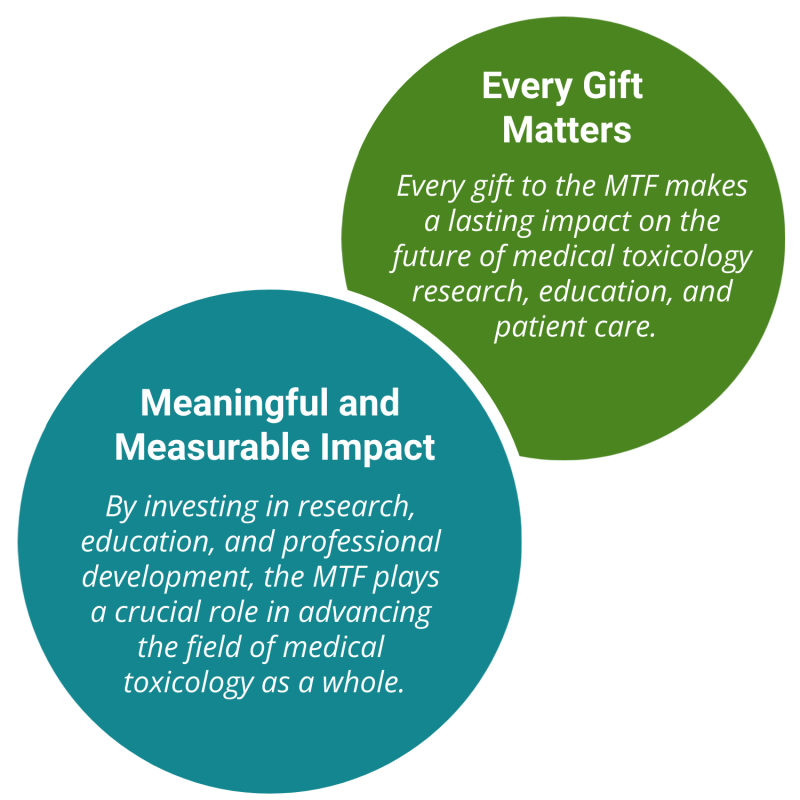
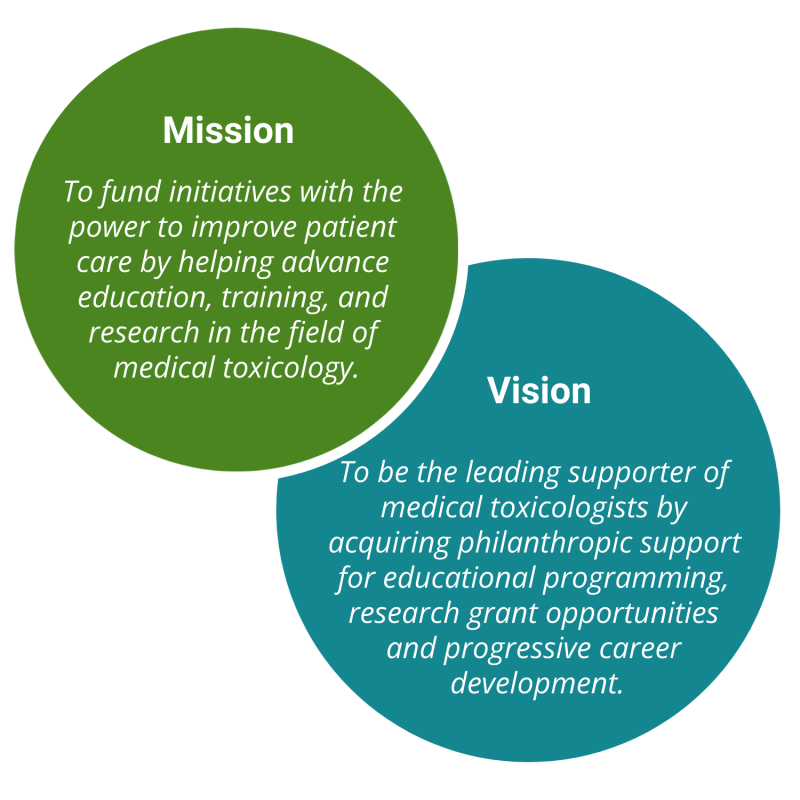
Funding Priorities
A poisoning is reported every 15 seconds in the United States. Advancing knowledge in this rapidly changing field is critical to providing the best care possible. The MTF strive to improve patient care by:
- Supporting topical educational programming related to medical toxicology.
- Focusing on the improvement of quality of care for patients experiencing injury or illness related to the many areas of medical toxicology.
The MTF provides opportunities to engage and encourage future generations of medical toxicologists by:
- Supporting medical toxicologists early in their careers by offering unique travel awards and training experiences.
- Mentoring and networking opportunities for medical students, residents and fellows.
The MTF supports innovative research is pivotal with potential new threats on the rise by:
- Being a sustainable source of research grants for medical toxicologists by funding forward-thinking projects.
- Focusing on projects that support the prevention and treatment of patients harmfully impacted by drugs, chemicals, and natural toxins and improve the practice of our physicians.
Collaboration is essential as medical toxicologists work in many different settings and capacities.
- Engaging in partnerships with other organizations sharing common objectives.
- Increasing awareness and effectiveness across related specialties including emergency medicine, addiction medicine, pediatrics, pharmacology and others.
-
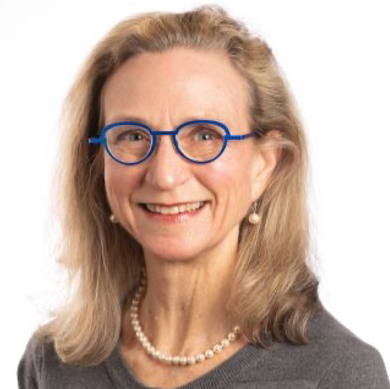
Erica Liebelt, MD, FACMT
MTF Board PresidentDr. Erica Liebelt is a Professor of Pediatrics at the University of Arkansas for Medical Sciences (UAMS). She serves as the Medical and Research Director of Clinical Pharmacology and Toxicology in the Section of Pediatric Emergency Medicine as well as the Associate Medical Director of the Arkansas Poison and Drug Information Center. Read full bio>> -
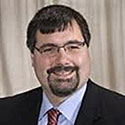
Timothy Wiegand, MD, FACMT
MTF Board Secretary/TreasurerDr. Wiegand is an Associate Clinical Professor in the Department of Emergency Medicine at the University of Rochester Medical Center (URMC) and also a volunteer faculty member of the SUNY Upstate Medical Toxicology Fellowship program. Read full bio>> -
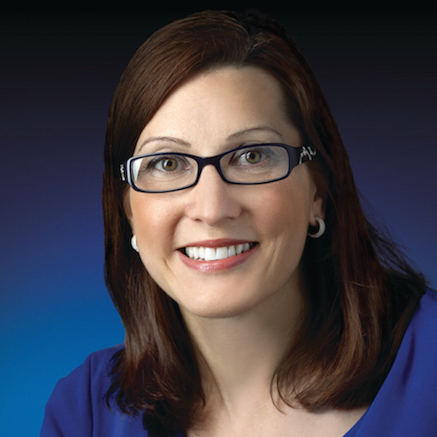
Maryann Amirshahi, PharmD, MD, MPH, FACMT
MTF Board MemberDr. Amirshahi is currently an Associate Professor of Emergency Medicine at the Georgetown University School of Medicine and practices clinically at MedStar Washington Hospital Center and Children’s National Medical Center in Washington, DC. Read full bio>> -
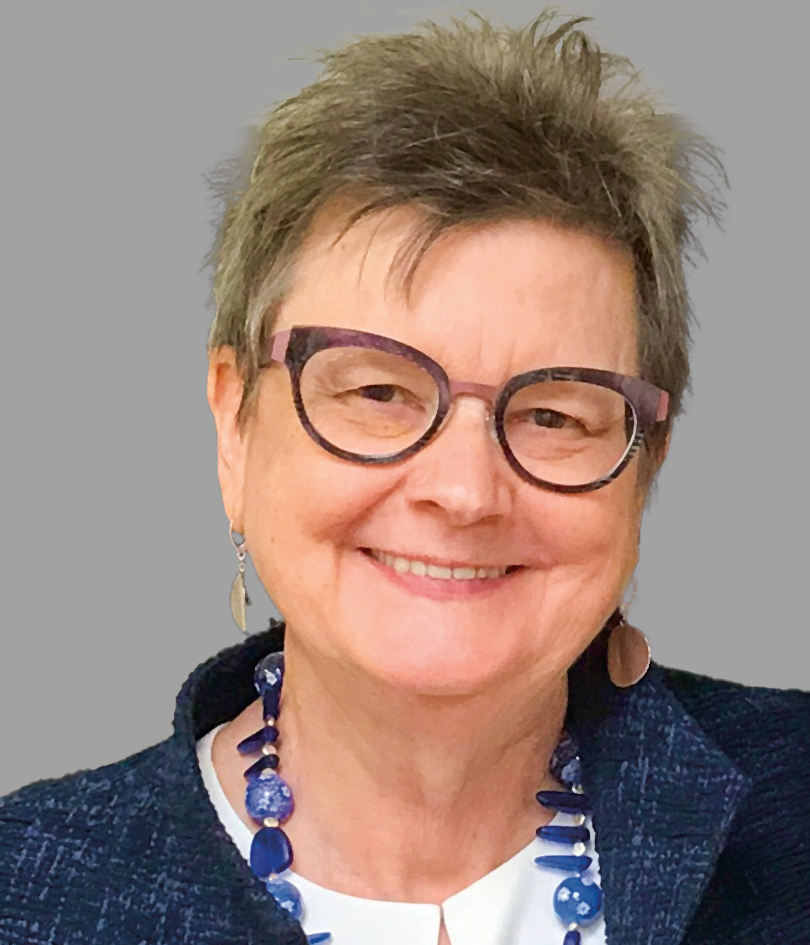
Marsha Ford, MD, FACMT
MTF Board MemberDr. Marsha Ford, now retired, has had a long and distinguished career during which she held many progressive roles over 30 years with the Carolinas Healthcare System and Department of Emergency Medicine, University of North Carolina Chapel Hill School of Medicine. She also spent many years with the Carolinas Poison Center and served as its Director for 17 years. Read full bio>> -
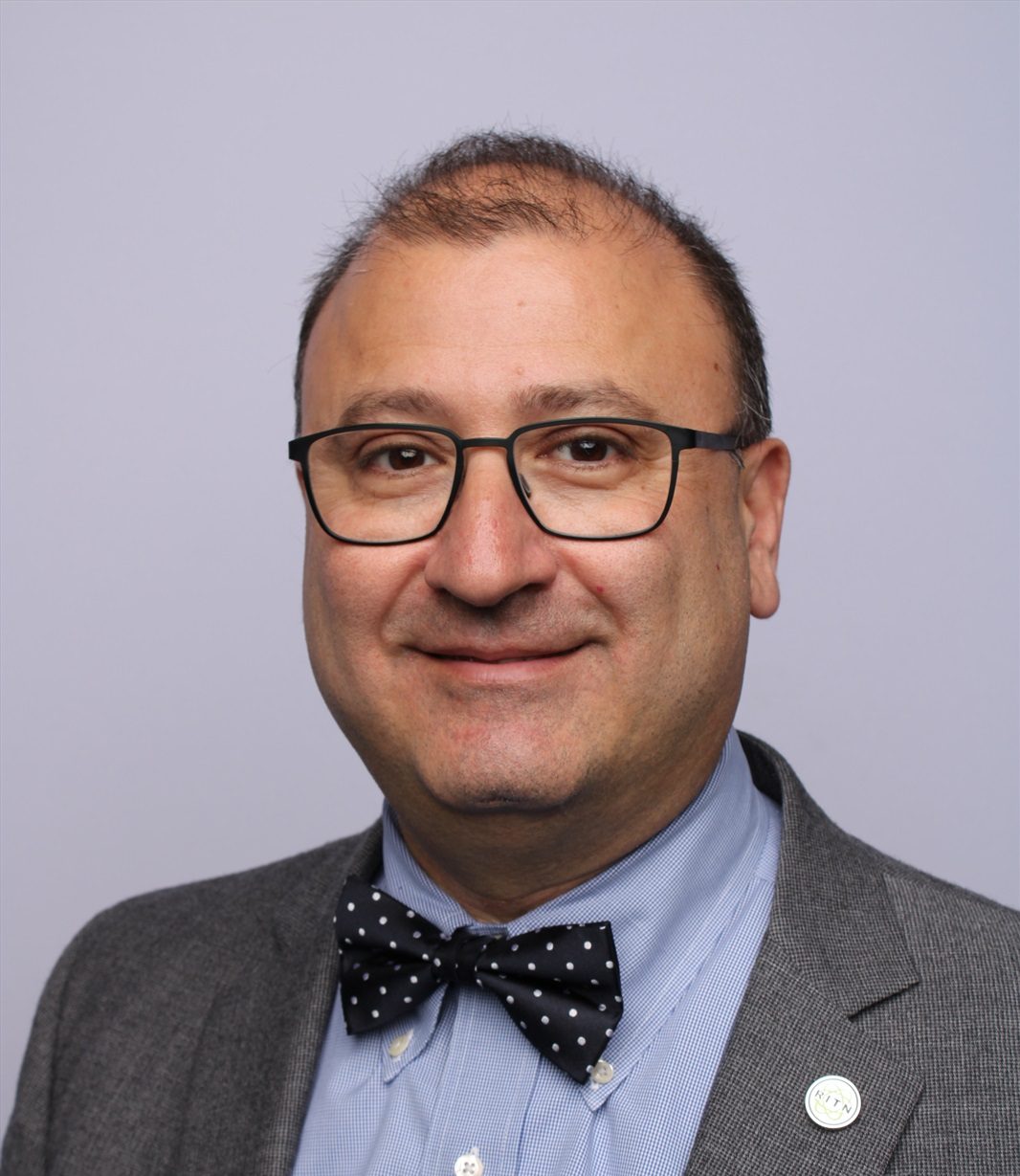
Ziad Kazzi, MD, FACMT
MTF Board MemberDr. Kazzi is a Professor at the department of Emergency Medicine and the Director of the International Medical Toxicology Fellowship Program at Emory University. He is also the Assistant Medical Director of the Georgia Poison Center and a Guest Researcher at the CDC National Center of Environmental Health. Read full bio>> -

Charles McKay, MD, FACMT
MTF Board MemberDr. McKay is an Associate Clinical Professor of Emergency Medicine at the University of Connecticut School of Medicine. He is also the Associate Medical Director of the Connecticut Poison Control Center. Read full bio>> -
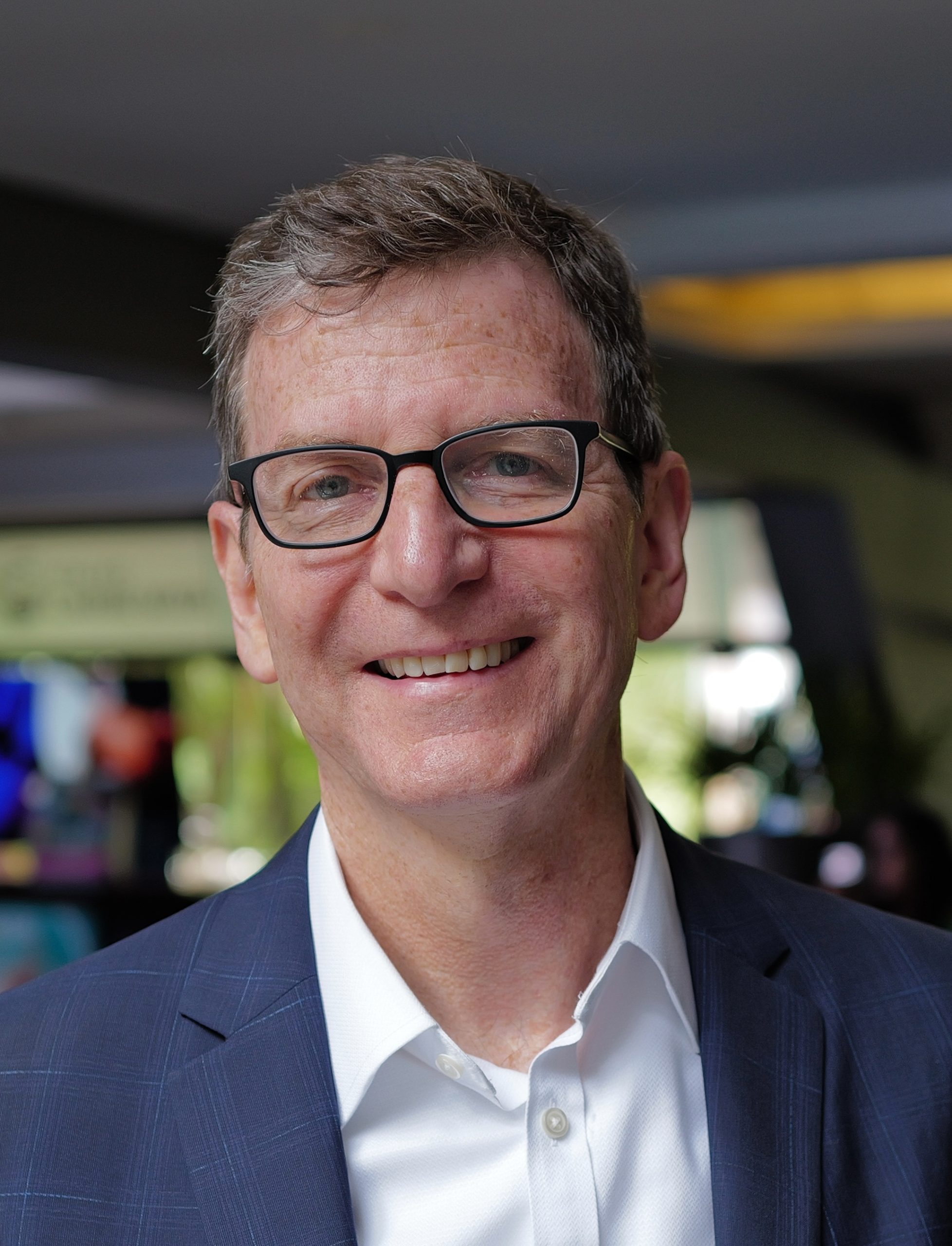
Lewis Nelson, MD, FACMT
MTF Board MemberDr. Lewis Nelson serves as the Professor and Chair of the Department of Emergency Medicine at Rutgers New Jersey Medical School in Newark, NJ where he is also the Chief of the Division of Medical Toxicology. He provides direct clinical care to patients in the emergency department and serves as a senior consultant to the New Jersey Poison Information & Education System (NJPIES). Read full bio>> -
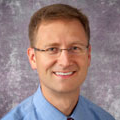
Anthony Pizon, MD, FACMT
MTF Board MemberDr. Pizon currently serves as the Chief of the Division of Medical Toxicology and as Director of the Medical Toxicology Fellowship. He is board-certified in Emergency Medicine, Medical Toxicology and Addiction Medicine. Read full bio>> -
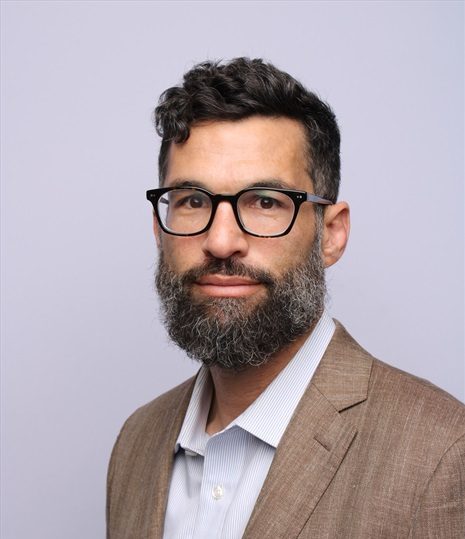
Andrew Stolbach, MD, MPH, FACMT
MTF Board MemberDr. Stolbach is Board Certified in Emergency Medicine and Medical Toxicology. He serves as a consultant to the Maryland Poison Center, is a member of the Johns Hopkins Hospital P&T Committee, and is a Johns Hopkins IRB co-Chair. Read full bio>> -
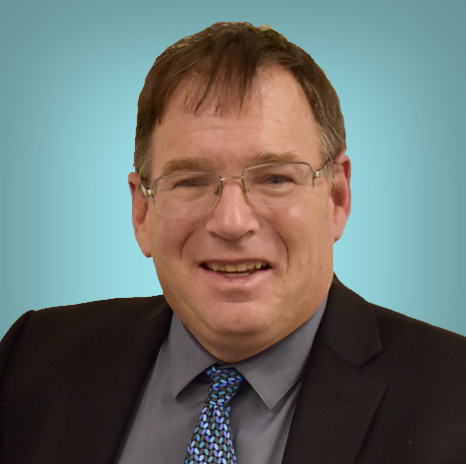
Paul Wax, MD, FACMT
MTF Board Ex-OfficioDr. Wax became ACMT's first and only Executive Director in 2008 after serving a two-year term as Board President beginning in 2006. Dr. Wax is currently Adjunct Professor in Emergency Medicine (Medical Toxicology) at UT Southwestern School of Medicine where he has been on faculty since 2006. Read full bio>>

Research Grants, Travel Awards, and Other Programs
The Medical Toxicology Foundation understands the importance of fostering innovation and supporting the development of talented professionals in the field. Through its research grants, the foundation aims to encourage and fund groundbreaking research projects that have the potential to revolutionize the field of medical toxicology. These grants provide recipients with the necessary resources to conduct in-depth studies, explore new treatment methods, and contribute to the body of knowledge in this critical area of medicine.
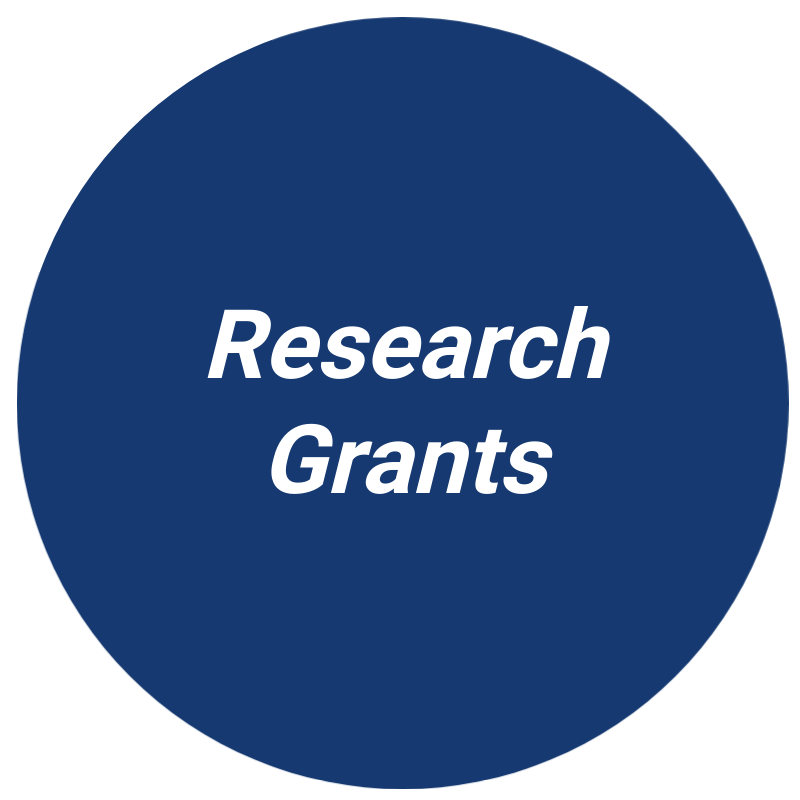
Each year the MTF provides funding opportunities for early to mid-career investigators. Learn more about all MTF research funding opportunities by clicking the links below.

2023 MTF/SAEMF Medical Toxicology Research Grant Recipient
Mehruba Anwar Parris, MD, FACMT
Assistant Professor of Emergency Medicine, Rutgers New Jersey Medical School (NJMS); medical toxicology consultant, New Jersey Poison Information and Education System
Award Amount: $20,000
Funding Period: July 1, 2023 - June 30, 2024
Project: "Efficacy and Incidence of Adverse Events of High Dose Buprenorphine for MOUD in the ED"
In 2020, according to the Centers for Disease Control and Prevention (CDC), nearly 69,000 people died from an opioid overdose in the United States (U.S.). Both buprenorphine and methadone reduce mortality due to opioid overdose. The total number of emergency department (ED) visits related to opioid use in the U.S. grew from 2005 to 2017, with the overall rate increase from 89.1 to 249.1 per 100,000 population. Due to the prevalence of opioid use disorder (OUD) within many EDs across the country, initiating medications for opioid use disorder (MOUD) using buprenorphine in the ED provides the opportunity to reach many patients, particularly those who may not successfully attend an initial outpatient appointment. The current recommended dosing regimen of 2 to 4 mg every 2 hours to a maximum dose of 12 mg for induction is impractical in the ED and carries a high risk of precipitated opioid withdrawal if initiated prior to the development of moderate opioid withdrawal and higher probability of falling out of treatment due to the length and inefficacy of the method. Because buprenorphine has a higher binding affinity for the mu-opioid receptors than full opioid agonists, initiating treatment with a high dose of buprenorphine to replace opioid agonists bound to mu-opioid receptors should prevent precipitated withdrawal in those with early, mild opioid withdrawal.
At our institution high dose buprenorphine use in early withdrawal is a common, guideline-driven practice, although there is limited published literature. The goal of this study is to contribute safety and efficacy data regarding high dose buprenorphine initiation within the ED, particularly in OUD patients in mild or no withdrawal (COWS<8). The use of high-dose buprenorphine as MOUD for patients within the ED appears to be safe, decrease length of stay, and make MOUD more accessible.
We caught up with Dr. Parris for an update on the project and to discuss how recieving this funding has impacted her. Read more in the "Impact Stories" section of this report.
Applications for this grant are accepted between May 1st and August 1st each year.
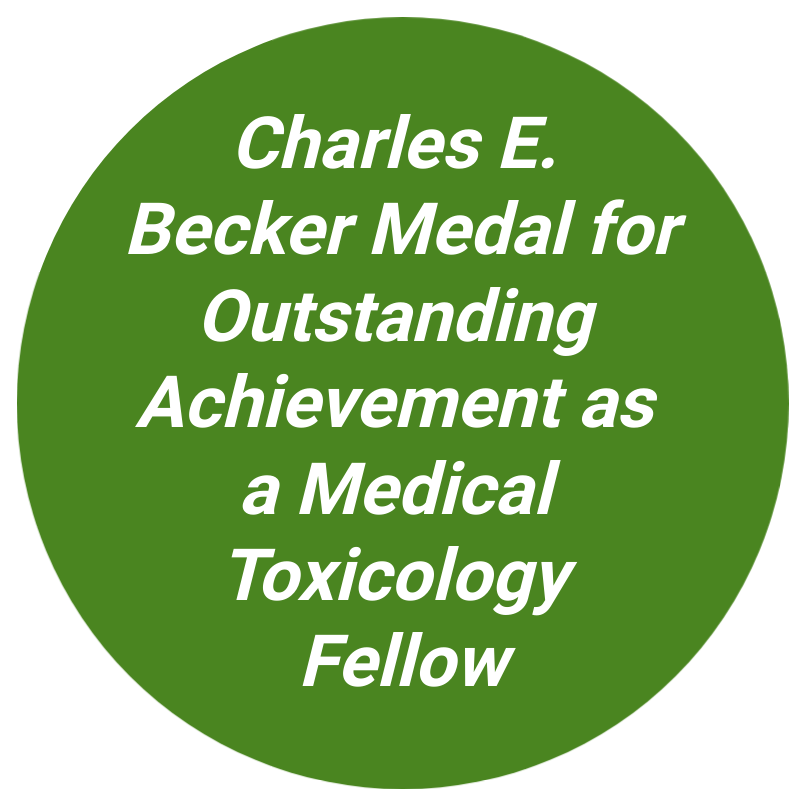
The Charles E. Becker Medal for Outstanding Achievement as a Medical Toxicology Fellow was established with the generous support of Dr. Charles Becker, a pioneering leader in establishing the specialty of medical toxicology. In a career spanning more than four decades, Dr. Becker’s contribution to scholarship, research, public health promotion, and professional medical education in medical toxicology have earned him international recognition and respect.
This award aims to recognize an outstanding fellow who embodies the humanitarian spirit of Dr. Becker and whose professional goals include a desire to make a significant contribution to advance the field of medical toxicology.
The next nomination deadline for this award is The next application deadline for this award is Monday, November 18, 2024.
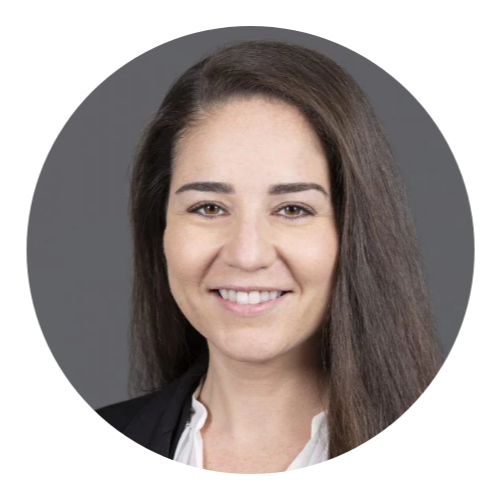
Courtney Temple, MD was selected as the inaugural recipient of the Charles E. Becker Medal for Outstanding Achievement as a Medical Toxicology Fellow. Dr. Temple completed the Medical Toxicology Fellowship program at Oregon Health and Science University in 2022. She is currently an Assistant Professor of Emergency Medicine at OHSU and a member of the core faculty of the OHSU Medical Toxicology Fellowship Program. Dr. Temple received the Becker Medal during a ceremony at the 2023 ACMT Annual Scientific Meeting in San Diego, CA (pictured.)
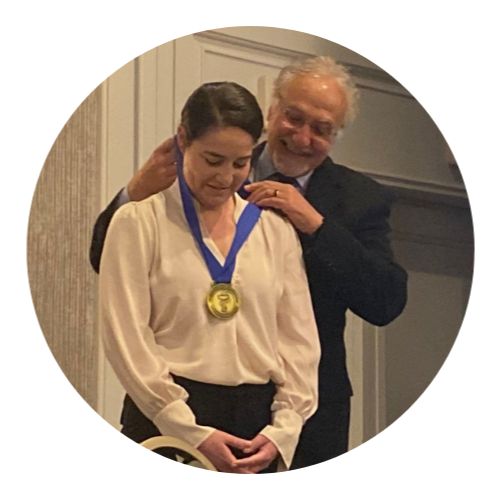

The MTF offers several conference travel awards for medical students and residents to offset cost to attend ACMT's Annual Scientific Meeting (ASM). Attending these conferences provides opportunities to network with experts in the field, and recipients gain exposure to the latest advancements, emerging trends, and best practices in medical toxicology to encourage them to pursue medical toxicology fellowship training.
J&J Consumer Health
Diversity, Equity & Inclusion Travel Awardees
The next application deadline for this award is Monday, October 14, 2024

Aqeel Jawahir, MD
Resident
University of Kentucky
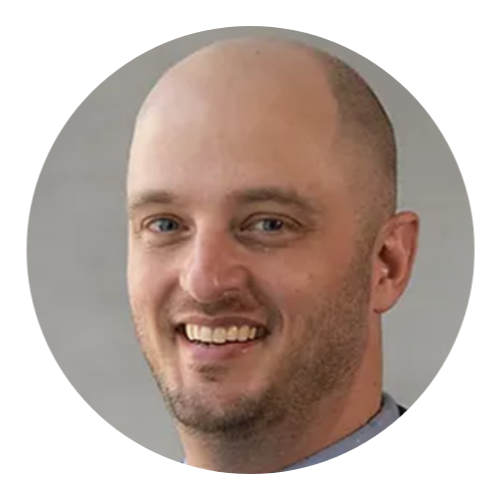
Jonathan Meadows, DO
Resident
Franciscan Health Olympia Fields
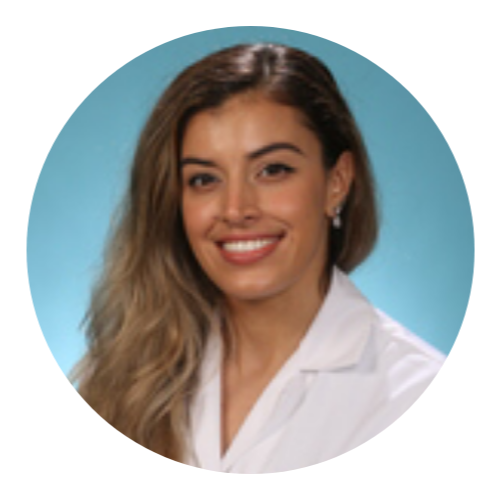
Johana Lopez, MD
Resident
Washington University in St. Louis

Oyeyimika Oyekanmi, DO
Resident
University of Connecticut
Dr. Michael Shannon Diversity, Equity and
Inclusion Travel Awardee
The next application deadline for this award is
Monday, October 14, 2024

Christy Williams, MD
Resident
NYU Langone Health
Michael P. Spadafora Medical Toxicology
Travel Awardee
The next application deadline for this award is
Monday, October 14, 2024

Emily Amador, DO
Resident
Medical University of South Carolina
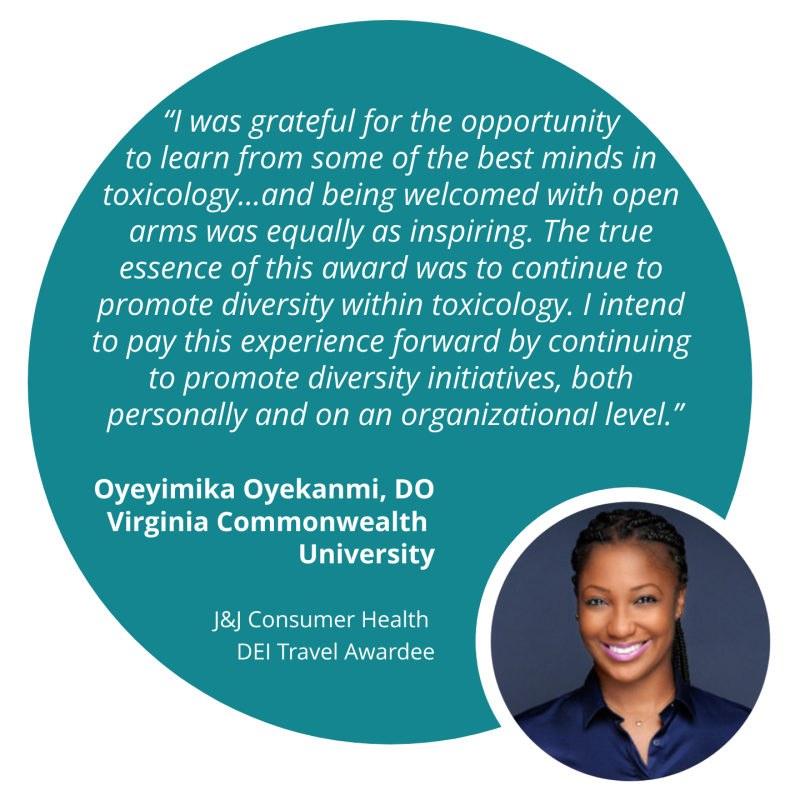
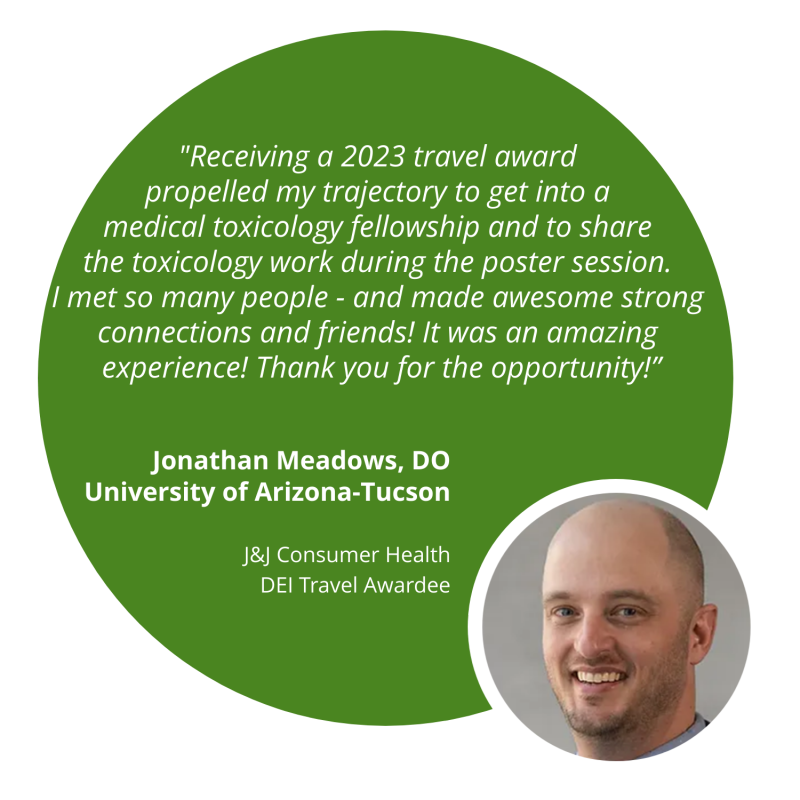
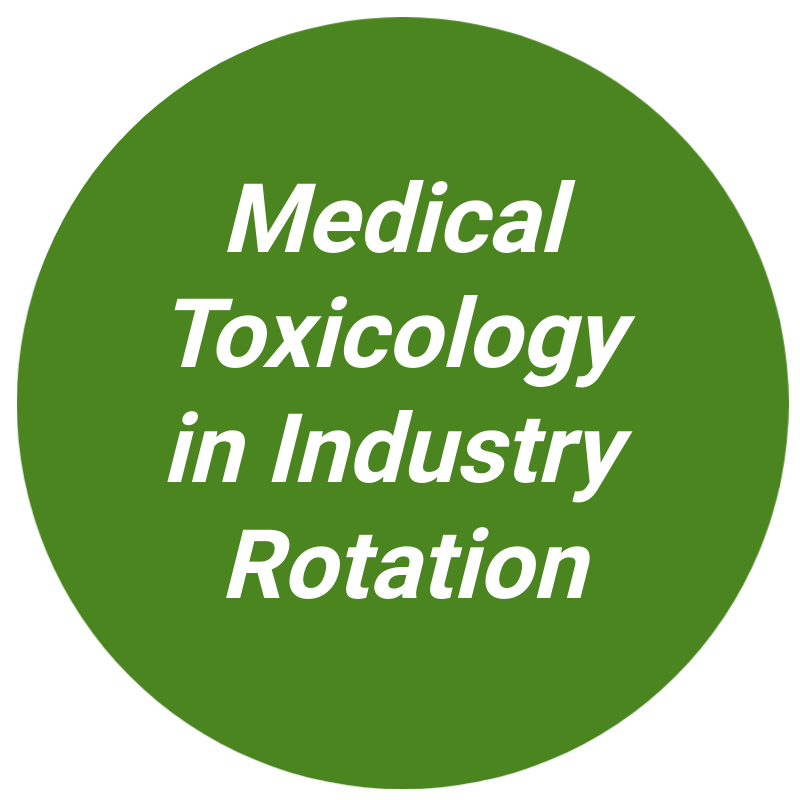
The focus of this program is to create opportunities for fellows to experience another facet of medical toxicology during their fellowship and introduce them to the possibility of a career in industry. The goal is to teach the principles of product development from the R&D pipeline, through the regulatory process, to launch and post-market stewardship. The rotation will address the gap in understanding the role of industry and the regulatory oversight of bringing important technology from the academic arena to the public sphere.
February 2023 Cohort
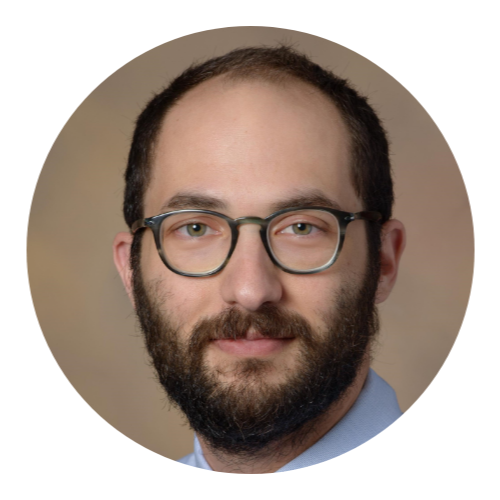
Adiel Aizenberg, MD
University of Arizona and Banner University Medical System, Tucson, AZ
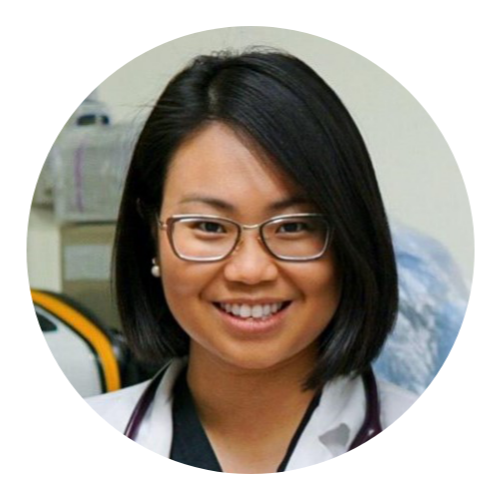
Juliana Chang, MD
Northwell Health, Manhasset, NY
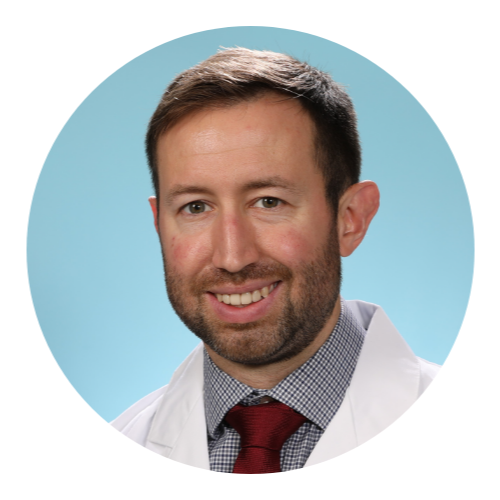
Frank Dicker, MD
Washington University, St. Louis, MO
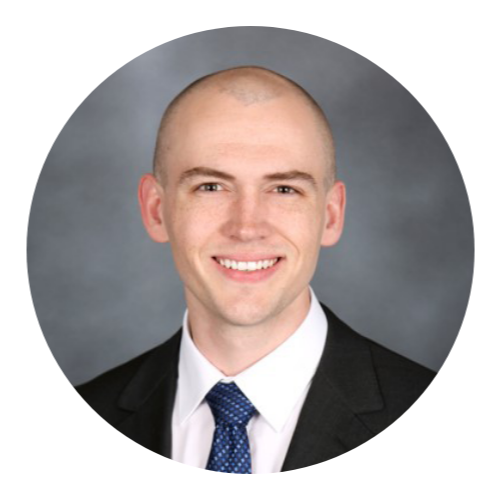
Ryan Fuchs, MD
HealthPartners Institute, Minneapolis, MN
October 2023 Cohort
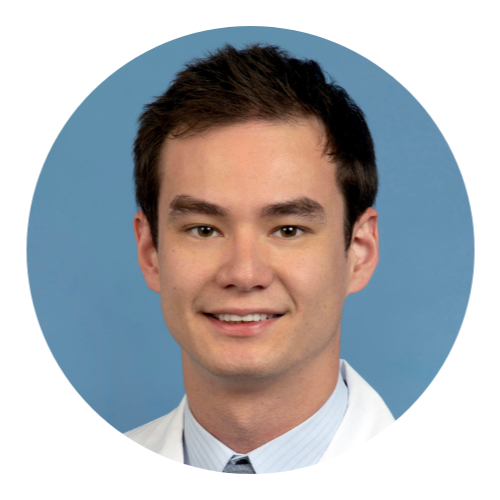
John Keller, MD
University California of San Francisco, San Francisco, CA
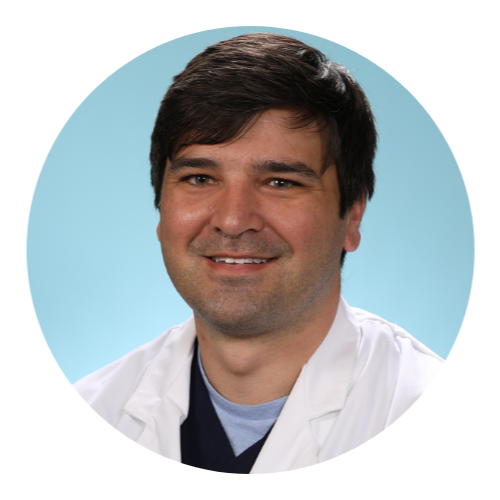
Alexander Lazar, MD
Washington University, St. Louis, MO
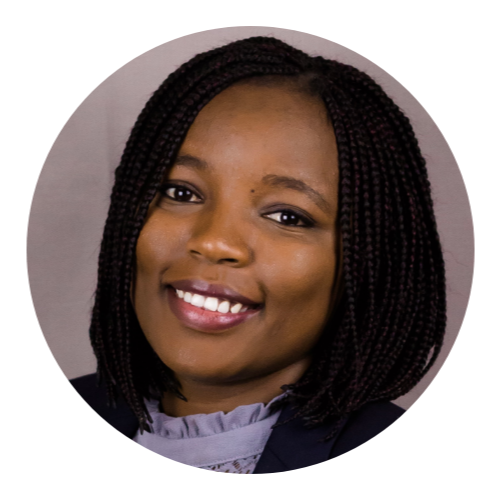
Serah Wambui Oyewole, MD
University of Texas Southwestern, Dallas, TX
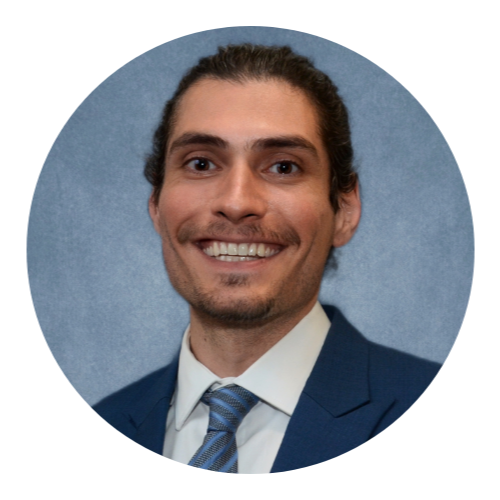
Stephen Petrou, MD
University of California San Francisco, San Francisco, CA
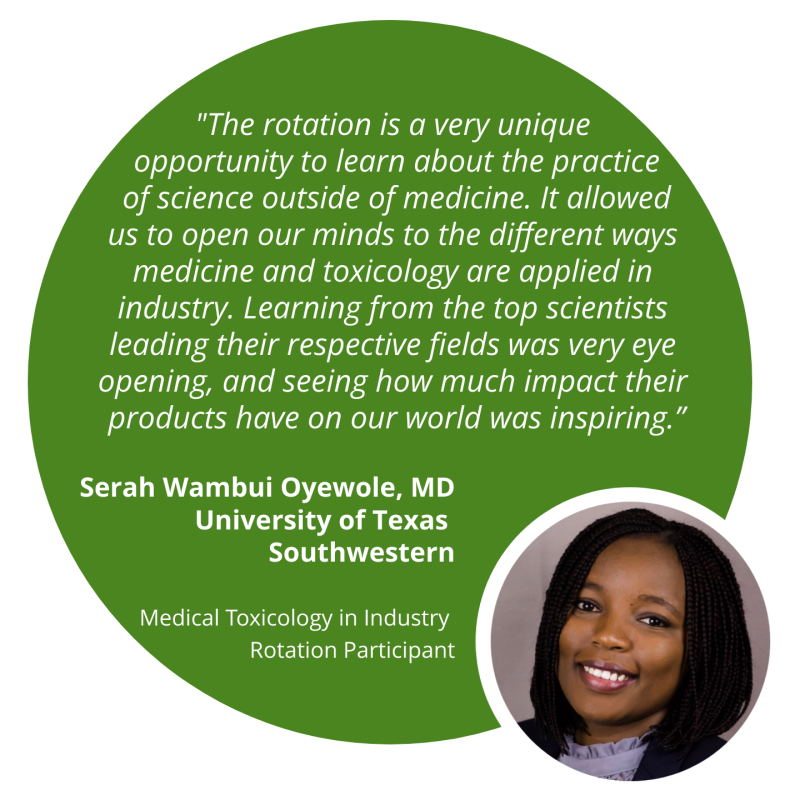
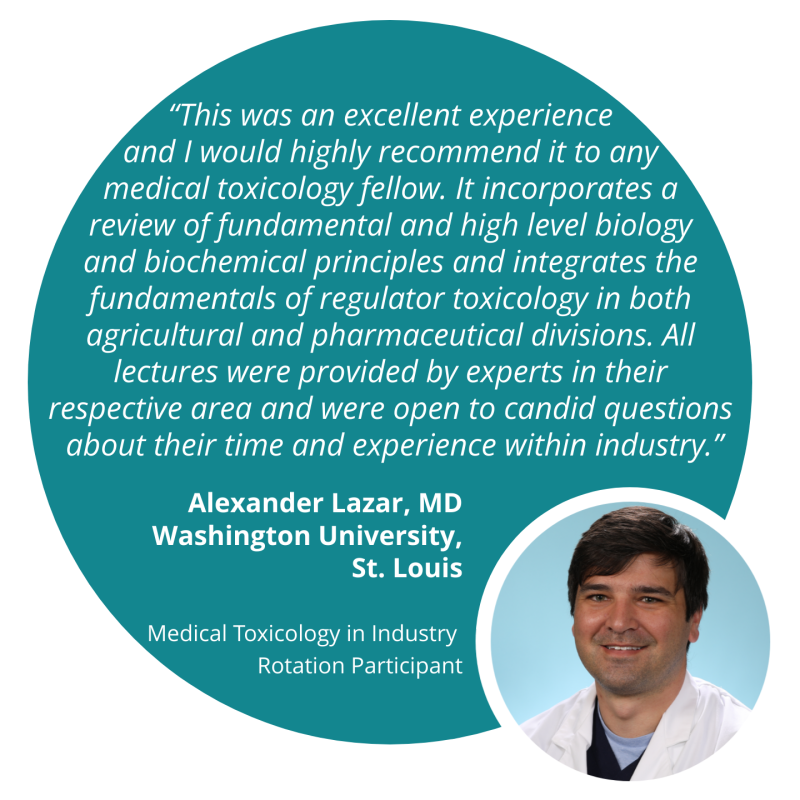
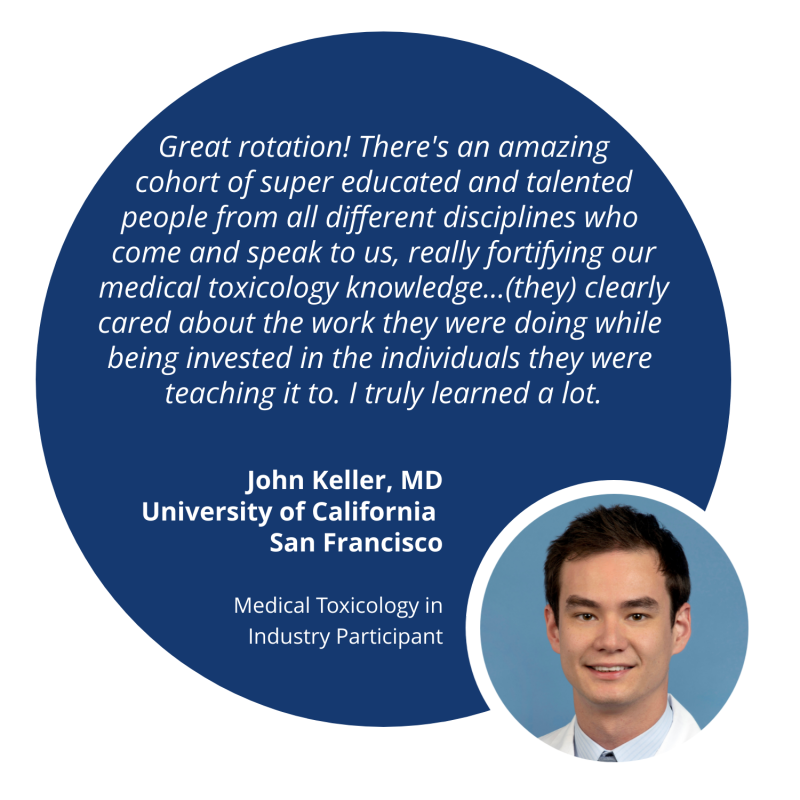
Your Gifts at Work: Impact Stories
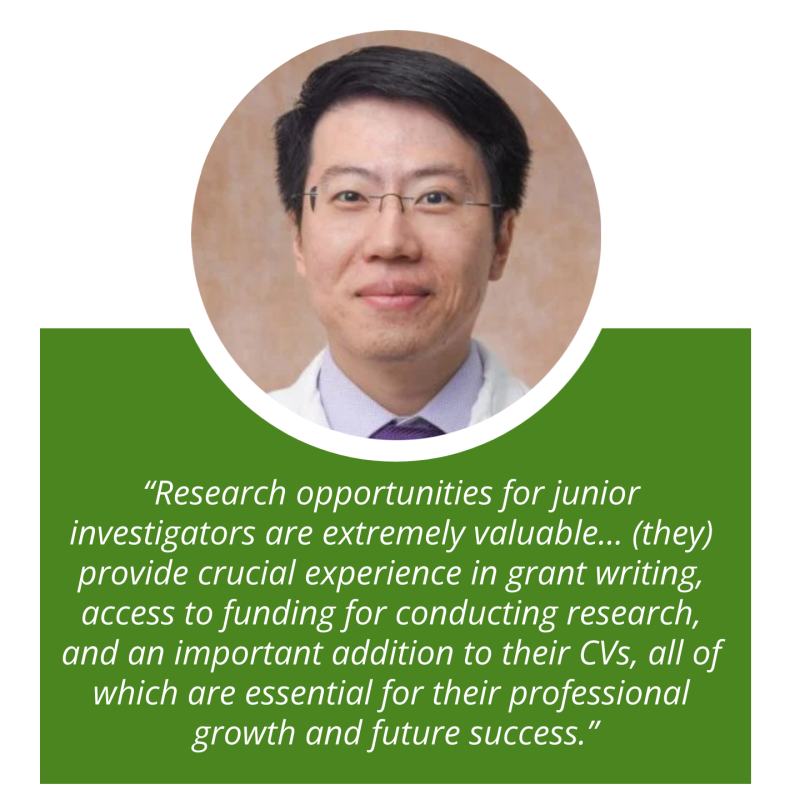
James Cao, MD, FACMT
2022 Innovative Research, Teaching, & Practice Grant
Project: “Molecularly Designed Polymers for Specific Bupropion Neutralization”
Dazhe (James) Cao, M.D., is an Associate Professor and Division Chief of Medical Toxicology in the Department of Emergency Medicine at UT Southwestern Medical Center. Dr. Cao earned his medical degree at Baylor College of Medicine. He completed a residency in emergency medicine at Carolinas Medical Center and received advanced training in medical toxicology through a fellowship at Rocky Mountain Poison & Drug Safety. He is currently the Medical Director of Toxicology for the Parkland Health & Hospital System. Dr. Cao has delivered numerous national and regional invited lectures, contributed to the eleventh edition of the textbook Goldfrank's Toxicologic Emergencies, and published several academic articles.
Q: In your opinion, how valuable are research opportunities for junior investigators?
A: Research opportunities for junior investigators are extremely valuable. As a fellowship director and division chief of medical toxicology, I focus on the career development of medical toxicology fellows and junior fellows. These opportunities provide crucial experience in grant writing, access to funding for conducting research, and an important addition to their CVs, all of which are essential for their professional growth and future success.
Q: You received a 2022 Innovative Research, Teaching & Practice Grant from the MTF. What updates can you share regarding your project “Molecularly Designed Polymers for Specific Bupropion Neutralization?"
A: We are setting up the animal study that has been approved by the UTSW IACUC. We are ready for the technical portions of the study. We have optimized and synthesized two biopolymers for in vivo testing.
Q: Were there any noteworthy lessons learned that you have since applied to other grant opportunities?
A: Yes, we learned several noteworthy lessons that have since been applied to other grant opportunities. We gained valuable animal study skills, such as intubation, phlebotomy, and oral gavage, and learned how to conduct these studies on campus effectively. Additionally, we discovered the importance of collaborative work with researchers at other institutions, which has enhanced our research capabilities and broadened our network for future projects.
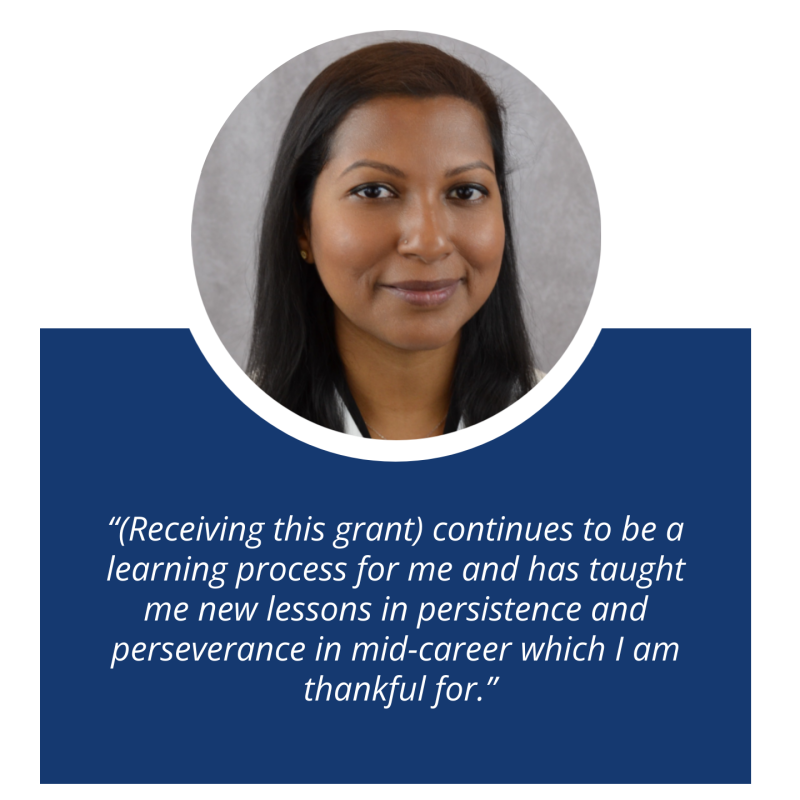
Mehruba Anwar Parris, MD, FACMT
2023 - 2024 MTF/SAEMF Toxicology Research Grant
Project: "Efficacy and Incidence of Adverse Events of High Dose Buprenorphine for MOUD in the ED"
Mehruba Anwar Parris, MD, FACMT is an emergency physician and medical toxicologist. She is an Assistant Professor of Emergency Medicine at Rutgers New Jersey Medical School in Newark, NJ. She completed her fellowship in Medical Toxicology at Emory University/CDC in Atlanta, GA after which she served in multiple educational and administrative roles at Jackson Health System and Florida’s Poison Control Centers in Miami, FL. She is currently the Director of Clinical Services for the Division of Medical Toxicology. Her interests are in acute and critical care, herbals, and public health within medical toxicology and addiction medicine.
Q: You received the 2023-2024 MTF/SAEMF Toxicology Research Grant. Please bring us up to date on your project, "Efficacy and Incidence of Adverse Events of High Dose Buprenorphine for MOUD in the ED." Any news or updates?
A: After a longer than expected IRB approval process, we did multiple educational sessions for our research assistants and informed our residents, faculty, and nurse practitioners within the urgent, acute care and observation units within the ED. We launched the patient enrollment and data collection process earlier this month
Q: Good, bad, or otherwise, were there any surprises during the grant process?
A: This continues to be a learning process for me and has taught me new lessons in persistence and perseverance in mid-career which I am thankful for. I have learned a significant amount in the IRB process involving human subjects at my institution and the importance of resetting expectations and perceived failures.
Q: How would you say this opportunity has benefitted or influenced your professional growth and development?
A: Aside from the factors mentioned above, it has helped me further pursue my interests in clinical research and demonstrated that it can be possible to attempt real research with a primary clinical focus.
Q: Any guidance you would share with early-stage investigators tackling their first research endeavor?
A: Utilize your resources. Don’t be afraid to reach out to your mentors, others within your network who are doing more research, and other MTF/SAEMF grantees (what an amazing group of people!). There is no need to reinvent the wheel even.
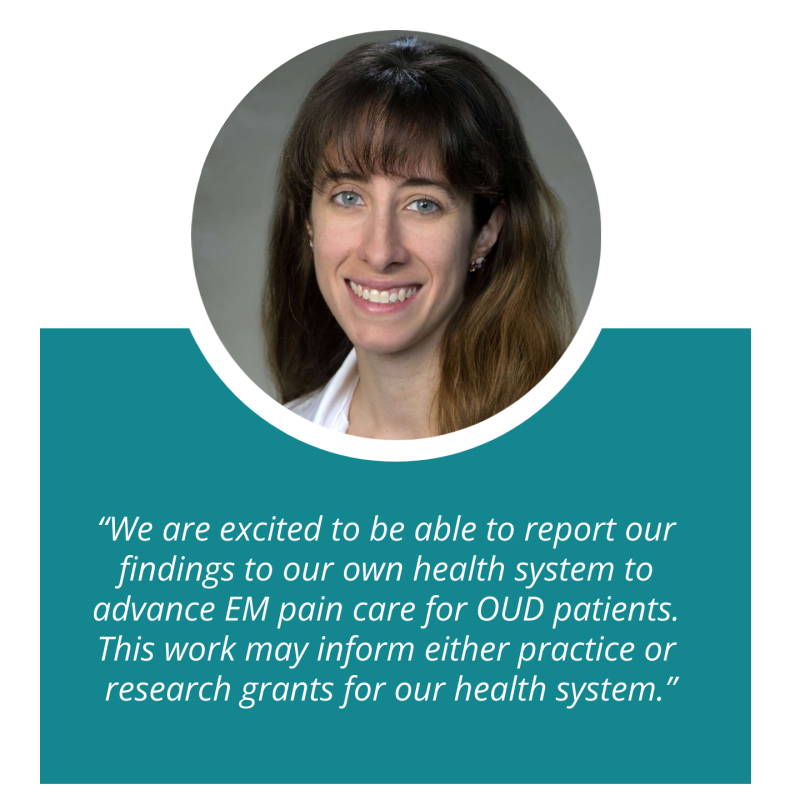
Jennifer Love, MD
2022 Innovative Research, Teaching, & Practice Grant
Project: "Emergency Department Based Acute Pain Management for Opioid Use Disorder"
Jennifer S. Love, MD, MSCR, is an Assistant Professor of Emergency Medicine at the Icahn School of Medicine at Mount Sinai. Dr. Love received her medical degree from the Perelman School of Medicine at the University of Pennsylvania and completed residency in Emergency Medicine at the University of Pennsylvania where she also served as chief resident. She completed a Medical Toxicology fellowship at Oregon Health & Science University, and then a T32 Research fellowship at Mount Sinai.As part of her work with the Mount Sinai Center for Research on Emerging Substances, Poisoning, Overdose, and New Discoveries (RESPOND Center), Dr. Love explores novel adulterants in the opioid supply, especially xylazine, and the emergency care of patients exposed to xylazine. She is also dedicated in the education about, advocacy for, and research on gender equity in emergency medicine and has published analysis of gender disparities in authorship in medical toxicology journals.
Q: You were a 2022 recipient of the Innovative Research, Teaching & Practice Grant for your project, "Emergency Department Based Acute Pain Management for Opioid Use Disorder." What updates can you share?
A: We have completed our surveys of clinicians and collected and are analyzing health system data. We have presented abstracts from our analyses at ACMT and NACCT, and we are waiting to hear back from ACEP. We are working on our predictive models now, including time-to-dose analyses. A manuscript compiling all these analyses is in preparation for submission.
Q: Were there any unanticipated adjustments made or lessons learned during the grant process and experience?
A: We have had to troubleshoot through some advanced statistical modeling, as some of our primary outcomes are more rare than anticipated. But, I have an excellent and supportive statistical team and have learned new modeling techniques.
Q: What impact has receiving this grant had on any future research endeavors you might pursue?
A: In addition to academic interest in this topic, some of our operational stakeholders have also expressed interest in this study question and data. We are excited to be able to report our findings to our own health system to advance EM pain care for OUD patients. This work may inform either practice or research grants for our health system.
Q: Do you have any advice for future applicants or awardees?
A: Establish strong partnerships with your statisticians to help formulate your analytic plan and troubleshoot your data procurement & analysis plans before you apply. It will help them be equally excited about the project and eager to teach you during the process.

You can Contribute to Building a Strong
and Sustainable Future for Medical Toxicology
Ways to Give
There are many ways you can support the mission and programs of the MTF by making a tax deductible contribution at any time of the year, in honor or memory of someone, or to support one of the funding channels below. Gifts can be made online, or by mailing a check to:
Medical Toxicology Foundation 10645 N. Tatum Blvd. Suite 200-111 Phoenix, AZ 85028.
If you have an idea for a new initiative, are interested in sponsoring a named award, or would like to learn more about the work of the MTF, please contact Corporate Development manager, Mimi Bajagich at foundation@acmt.net.
Although our Annual Campaign drive runs during the latter part of each year, you may a tax-deducatable gift at any time of the year. Gifts of any amount are appreciated and go directly to support all of the MTF's research grants, travel awards, and educational initiatives.
This fund will ensure that the MTF has the available resources to build upon our successes and to sustain this vitally important community of medical toxicologists. Consider making a multi-year pledge or a one-time gift and invest in the future of medical toxicology.
This fund is used to support a visiting lectureship annually at the ACMT Annual Scientific Meeting to provide education on the topic of Substance Use Disorder with the goal of increasing the awareness, ability, and opportunity for medical toxicologists to increase their practice in this area.
Methods of Giving
In addition to direct online or check gifts, there are many other wa you can support the MTF. For more information or if you have questions about how to make a gift utilizing one of the methods below, please contact Mimi Bajagich, Corporate Development Manager, at foundation@acmt.net.
Gifts of appreciated stock or mutual funds can provide great tax benefits. Talk to your broker or tax advisor.
Does your employer have a matching gift program? Many do! Check with your human resources or payroll department about the process. The IMPACT of your gift is doubled at no additional cost to you.
Does your company conduct a workplace giving drive? If they do, consider designating the Medical Toxicology Foundation for your employee-directed contributions. Contact your Human Resources or Payroll Department today and make that designation.
Planned gifts can be as simple as a bequest in your estate plan, a beneficiary designation for a life insurance policy, or as complicated as a charitable remainder trust. Talk to your financial team – accountant, lawyer and financial planner to determine the best option for you!
the MTF is able to accept gifts from your donor-advised fund. Just notify the fund that you would like to designate a gift to the Medical Toxicology Foundation and they will take it from there.
These gifts are from your IRA and are most beneficial for those who must take a required minimum distribution (RMD). Notify your IRA holder to make that distribution to the Medical Toxicology Foundation and it becomes a tax-free distribution and tax-deductible contribution.

Thank You, Donors!
MTF gratefully acknowledges the support of the following donors who have given a contribution to the Foundation in 2023.
President's Circle, Benefactor
$5000 and above
Carol Angle, MD
Ami Becker Aronson, MPH
Shawn Becker, MD
Marsha Ford, MD, FACMT
Bryan Judge, MD, FACMT
Ziad Kazzi, MD, FACMT
Erica Liebelt, MD, FACMT
Lewis & Laura Nelson
President's Circle, Platinum
$2,500 - $4,999
Maryann Amirshahi, PharmD, MD, MPH, FACMT
Keith Burkhart, MD, FACMT
Louise Kao, MD, FACMT
Ed Kuffner, MD
Lorenzo Leggio, MD, PhD
Charles McKay, MD, FACMT
Jeanmarie Perrone, MD, FACMT
Anthony Pizon, MD, FACMT
Paul Wax, MD, FACMT
Tim Wiegand, MD, FACMT
Why give to the MTF?
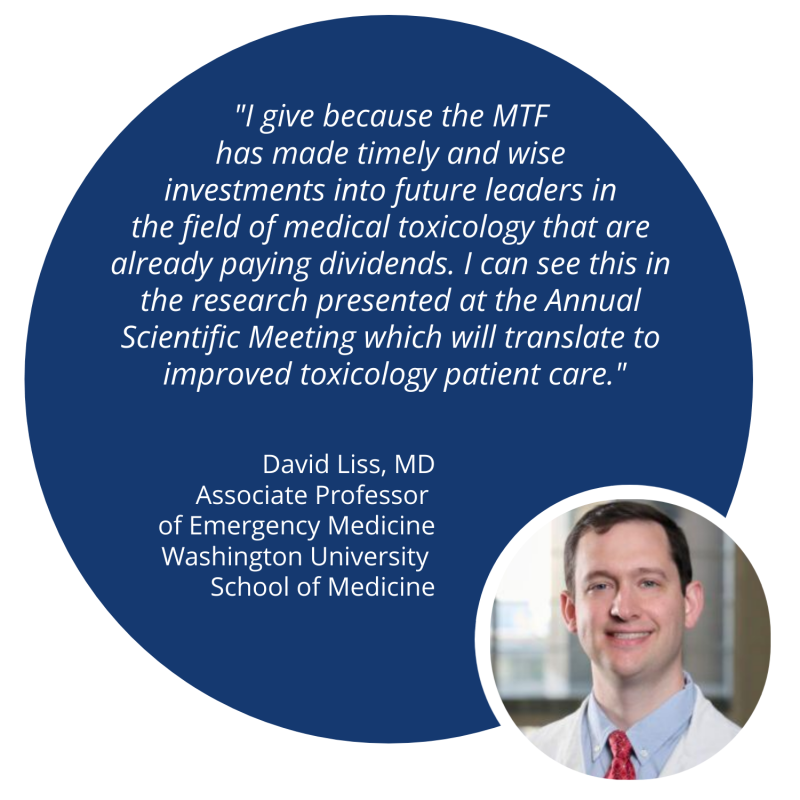
Dr. Liss, Program Director of the Medical Toxicology Fellowship Program and Director of the Division of Medical Toxicology in the Department of Emergency Medicine at Washington University School of Medicine, was a 2020 MTF Innovative Teaching & Research Grant recipient who continues to pay it forward by becoming a regular annual MTF donor. Read Dr. Liss' impact story here.
President's Circle
$1,000 - $2,499
Michael Abesamis, MD
Peter Akpunonu, MD
Kim Aldy, DO, MS, MBA
A. Nelson Avery, MD, FACMT
Kavita Babu, MD, FACMT
Jeffrey Brent, MD, PhD, FACMT
Michelle Burns, MD, MPH, FACMT
DCM/Rockbridge Investments
Leslie Dye, MD, FACMT
Rob Hendrickson, MD, FACMT
Michele Hieger, DO
Kathy Kopec, DO, FACMT
Mark Mycyk, MD, FACMT
Evan Schwarz, MD, FACMT
Andrew Stolbach, MD, MPH, FACMT
Patron Donors
$500 - $999
Jeffrey Bernstein, MD, FACMT
Keenan Bora, MD
Diane Hindman, MD, FACMT
Michael Hodgman, MD, FACMT
Russ & Sharon Kerns
Kenneth Kulig, MD, FACMT
David Liss, MD
Michelle Ruha, MD, FACMT
Friends of the MTF
- $499
Steven Aks, DO, FACMT
Thomas Arnold, MD, FACMT
Lydia Baltarowich, MD, FACMT
Carl Baum, MD, FACMT
Michael Beuhler, MD, FACMT
James Cao, MD
Lynn Farrugia, MD, FACMT
Marion Fedoruk, MD, FACMT
Jonathan Ford, MD
Matthew Griswold, MD
Christina Hantsch, MD, FACMT
Fred Harchelroad, MD, FACMT
Scott Hardy, MD
Katherine Hart, MD
Hannah Hays, MD, FACMT
Fred Henretig, MD, FACMT
Michael Holland, MD, FACMT
David Jang, MD, FACMT
Joshua King, MD, FACMT
Ronald Kirschner, MD
Michael Kosnett, MD, FACMT
Jerrold Leikin, MD, FACMT
Jennifer Love, MD
Christine Murphy, MD, FACMT
Jennifer Parker Cote, MD
Holly Perry, MD
Mohan Punja, MD, FACMT
Anthony Scalzo, MD, FACMT
David Tanen, MD, FACMT
Trevonne Thompson, MD, FACMT
Moshe Tirosh, MD
Michael Toce, MD, MS, FACMT
Gary Tubbs, MD
Michael Wahl, MD, FACMT
Philip Walson, MD, FACMT
Brian Wolk, MD
